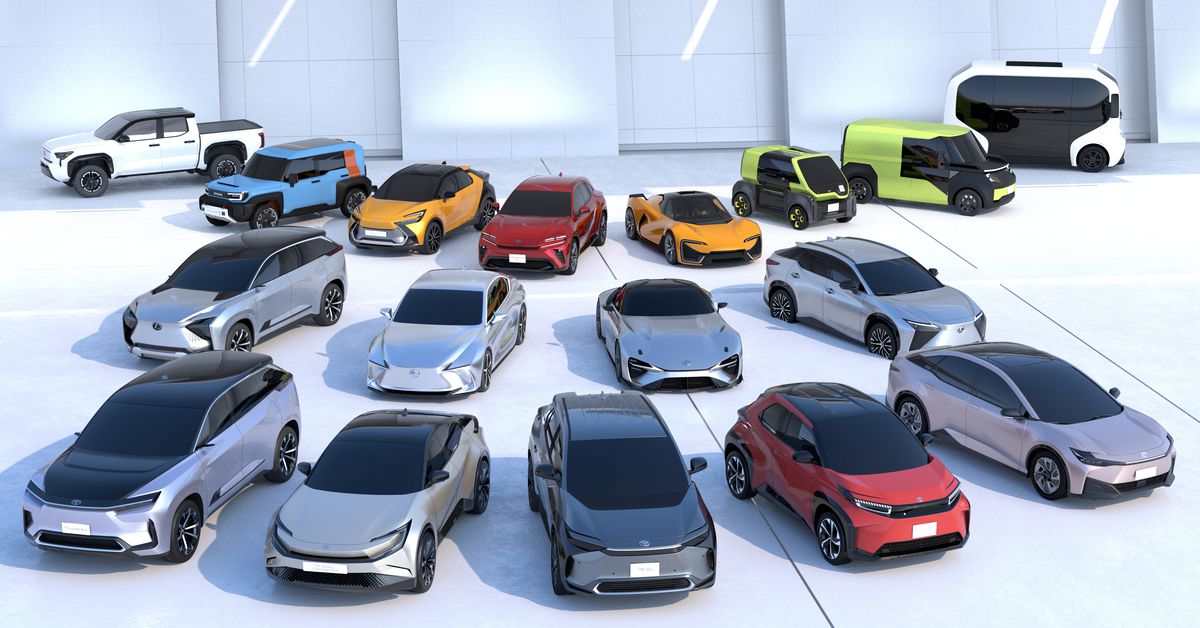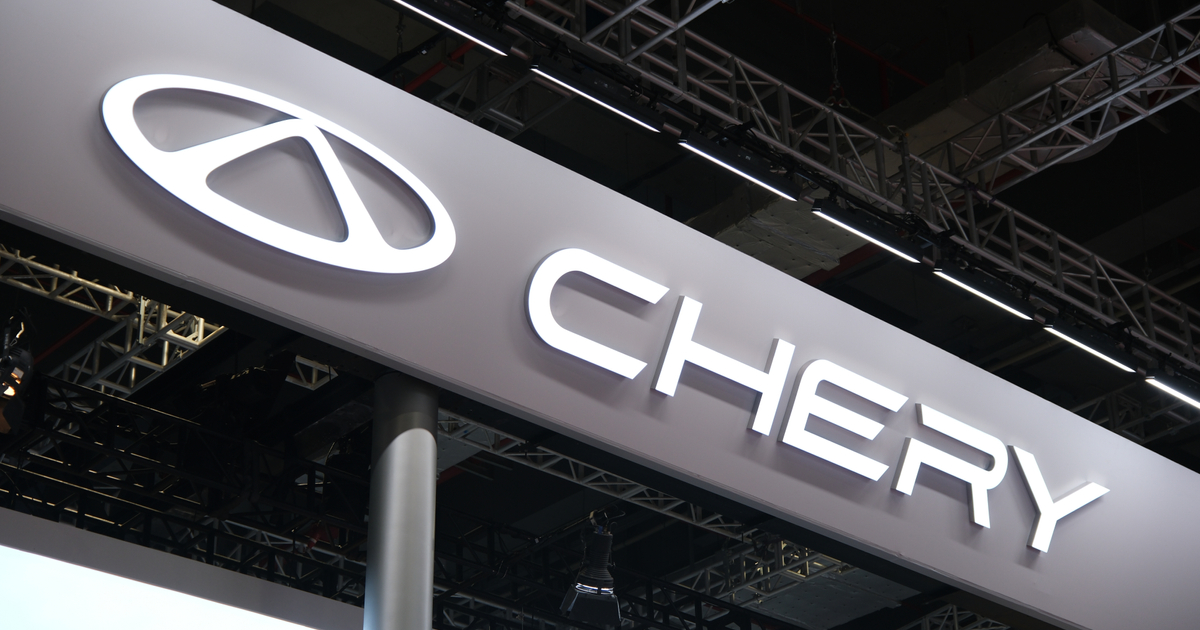Toyota’s electric vehicle plans are getting bigger and more expensive
Toyota is ramping up its electric vehicle production schedule, vowing to release 30 electric vehicles by 2030 rather than just 15 EVs by 2025, as was previously promised. The Japanese automaker also vowed to sell 3.5 million battery EVs...

Toyota is ramping up its electric vehicle production schedule, vowing to release 30 electric vehicles by 2030 rather than just 15 EVs by 2025, as was previously promised. The Japanese automaker also vowed to sell 3.5 million battery EVs globally by 2030 and to transform Lexus into an EV-only brand by 2035.
The company said it would invest 2 trillion yen ($17.6 billion) in battery vehicle technology, an increase over its previous commitment of 1.5 trillion yen ($13.6 billion).
Toyota was an early pioneer in electrification, helping pave the way for companies like Tesla and others by proving that vehicles with alternative powertrains could be immensely popular. But the company has since fallen far behind its competitors.
Companies like Nissan, General Motors, and Volkswagen have been selling pure battery-electric vehicles for years while also revealing their plans to phase out gas cars completely. Toyota, meanwhile, has yet to release a long-range electric vehicle. And the company’s top executives, including billionaire CEO Akio Toyoda, have been on the record calling the trend toward electric vehicles “overhyped” in part because of emissions associated with power plants — which is a favorite talking point used by the oil and gas industry.
But in an event Tuesday, Toyoda changed his tune, touting the need for the company to reduce tailpipe emissions by releasing more EVs.
“I believe that achieving carbon neutrality means realizing a world in which all people living on this planet continue to live happily,” Toyoda said. “We want to help realize such a world. This has been and will continue to be Toyota’s wish and our mission as a global company. For that challenge, we need to reduce CO2 emissions as much as possible, as soon as possible.”
As part of the announcement, Toyota showed several dozen concept vehicles, including sedans, sports cars, crossovers, SUVs, pickup trucks, and even a couple of boxy shuttles. The company didn’t release many details about each vehicle but did note that a planned Lexus sports car would have a “cruising range” of 700 km (434 miles) and be able to accelerate from 0 to 60mph in under two seconds. Toyota’s first long-range EV, the BZ4X compact SUV, is expected to be released in the US in mid-2022.
Toyota is planning on spending some of its promised $17.6 billion in the US. The company recently announced a $1.29 billion battery factory in North Carolina as part of its plan to invest around $13.6 billion in battery tech over the next decade.
But despite its expanding commitment to EVs, Toyota is still spending a lot of money in Washington, DC, to lobby against President Joe Biden’s efforts to encourage Americans to buy more EVs.
Congressional Democrats have proposed increasing the federal EV tax credit from $7,500 to $12,500 for purchases of electric vehicles made in the US by unionized workers, triggering a backlash from non-union companies like Tesla and Toyota. The Japanese automaker has run full-page newspaper ads accusing Biden and the Democrats of “play[ing] politics with the environment.”

 Fransebas
Fransebas 
































